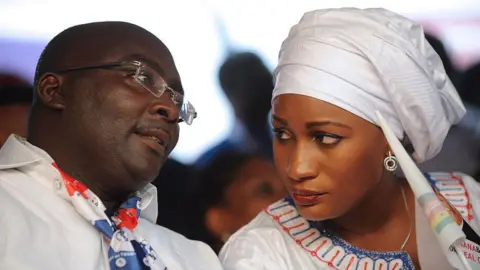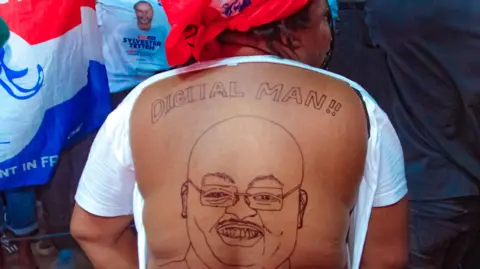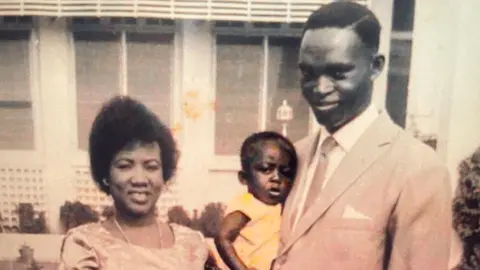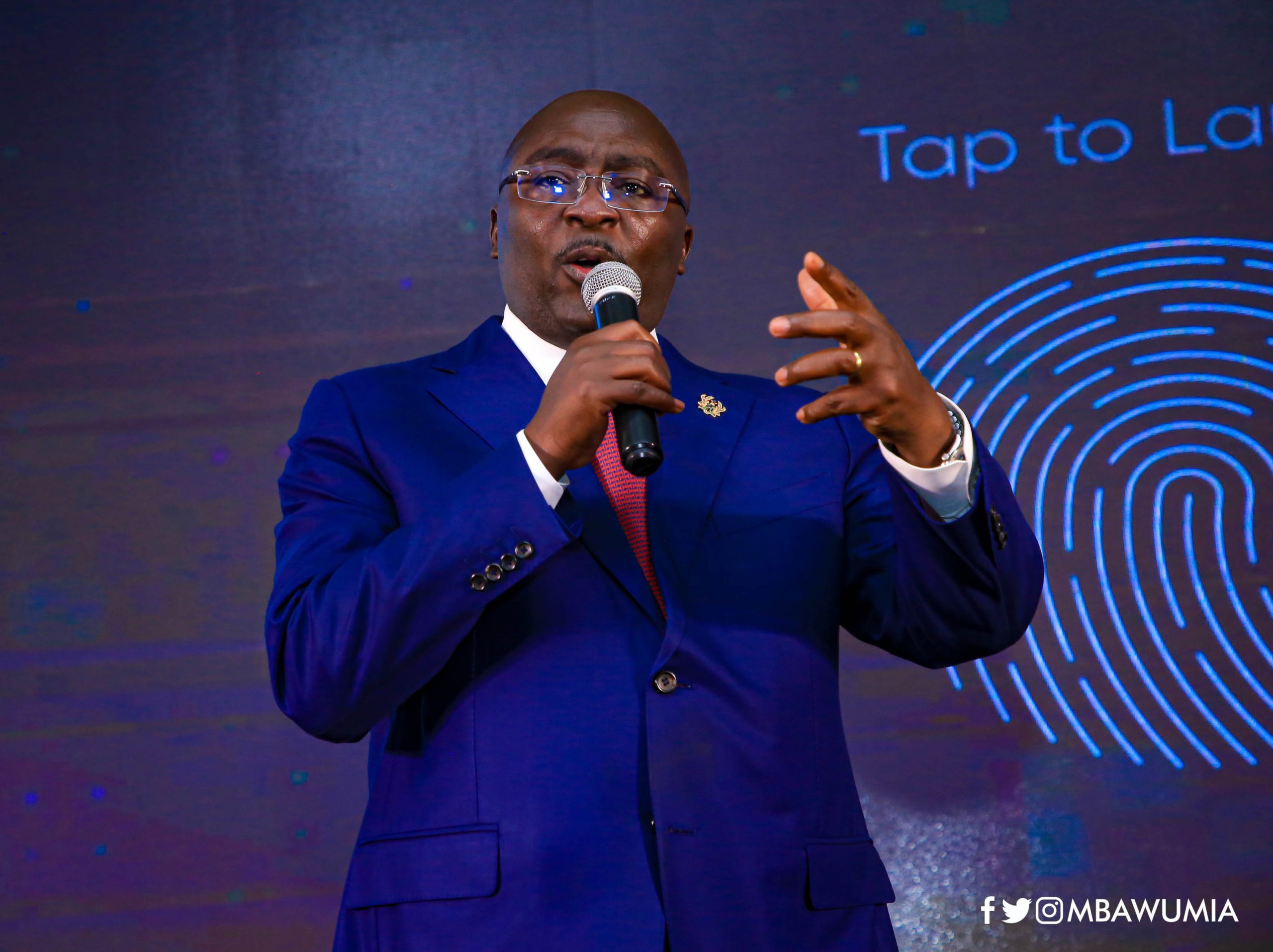Mahamudu Bawumia, Ghana’s current vice president, has become a key figure in the country’s political scene, and in December, he has the chance to make history as the first Muslim president of Ghana. A rising star in the New Patriotic Party (NPP), Bawumia is poised to lead the country in the upcoming elections.
At 61, the Oxford-educated economist is known for his intellectual acumen and his signature look, marked by slim, rectangular glasses. Bawumia has earned the nickname “Mr. Digital” due to his strong push for technological advancements in Ghana, aiming to transform the country into a digital powerhouse.
However, his role as head of the government’s economic management team has made him the subject of criticism. Many Ghanaians associate him with the country’s ongoing economic struggles, particularly the rising cost of living. Should he win the election, Bawumia would succeed President Nana Akufo-Addo, who is nearing the end of his two-term limit.

Bawumia’s political journey began in 2008 when he joined Akufo-Addo’s presidential ticket, despite having no previous experience in public office. His background in banking and economics, as well as his family ties to Ghana’s political history, set him apart. Though the NPP lost that election, Bawumia’s campaign efforts earned him respect, and his ability to galvanize support was evident.
In 2012, Bawumia ran again with Akufo-Addo, but they lost once more. This time, however, he became the star witness during the NPP’s legal challenge of the election results, where his calm demeanor and sharp wit impressed many. By 2016, Bawumia’s perseverance paid off when the NPP triumphed, and he became vice president.

Born in 1963 in Tamale, Bawumia grew up in a large family, the 12th of 18 children. He pursued his education in the UK, earning a master’s degree in economics from Oxford University. To fund his studies, he worked as a taxi driver and cleaner. Upon returning to Ghana, he became a prominent figure in the banking sector, eventually serving as deputy governor of the central bank.
Despite his early success, Bawumia’s tenure as vice president has not been without controversy, especially regarding the economic crisis that unfolded under his leadership. Inflation reached a staggering 54% in late 2022, and the government had to secure a $3 billion loan from the International Monetary Fund. Bawumia has defended his team’s role, stating they were advisors without decision-making powers. Still, many Ghanaians remain critical of his handling of the economy.

Alongside his economic expertise, Bawumia has championed the digital transformation of Ghana. His efforts have brought significant improvements to the country’s digital infrastructure, especially in mobile connectivity. His partnership with Zipline to establish the world’s largest drone-delivered vaccine network is a testament to his forward-thinking approach to technology.
However, some critics argue that Bawumia focuses more on promoting digitalisation than addressing the economic hardships many Ghanaians face. Nevertheless, his digital initiatives have garnered praise from international observers, with some even crediting him for the current government’s technological advancements.
Bawumia’s personal life, particularly his marriage to former beauty queen Samira Bawumia, has also contributed to his appeal. The couple, married for 20 years, are vocal political supporters and are admired for their public presence. Samira, known for her chic style, has actively campaigned for the NPP.

As a Muslim, Bawumia’s faith has not hindered his political prospects. In a predominantly Christian country, his candidacy is supported by the NPP, and his religion does not appear to be a barrier to widespread acceptance.
Bawumia’s political base is in northern Ghana, where his NPP hopes to strengthen its presence. The vice president has been traveling the country in his “possibilities bus,” promoting a message of hope and progress. Despite his critics, he remains optimistic, with a focus on the potential for Ghana to overcome its challenges and achieve greatness in the future.
As the election approaches, all eyes will be on Bawumia, whose journey from a political outsider to a leading candidate for the presidency is a testament to his resilience and vision for Ghana’s future.


